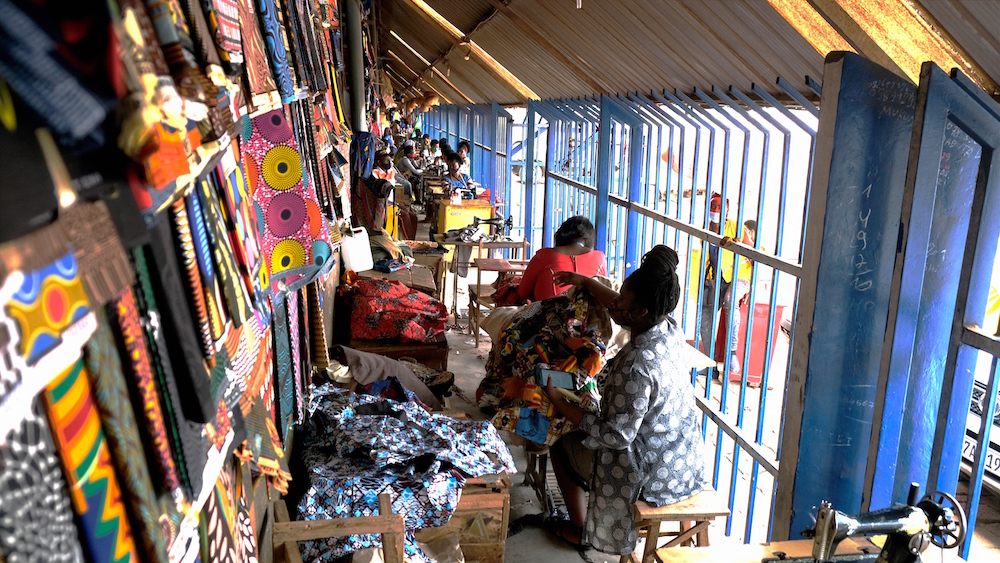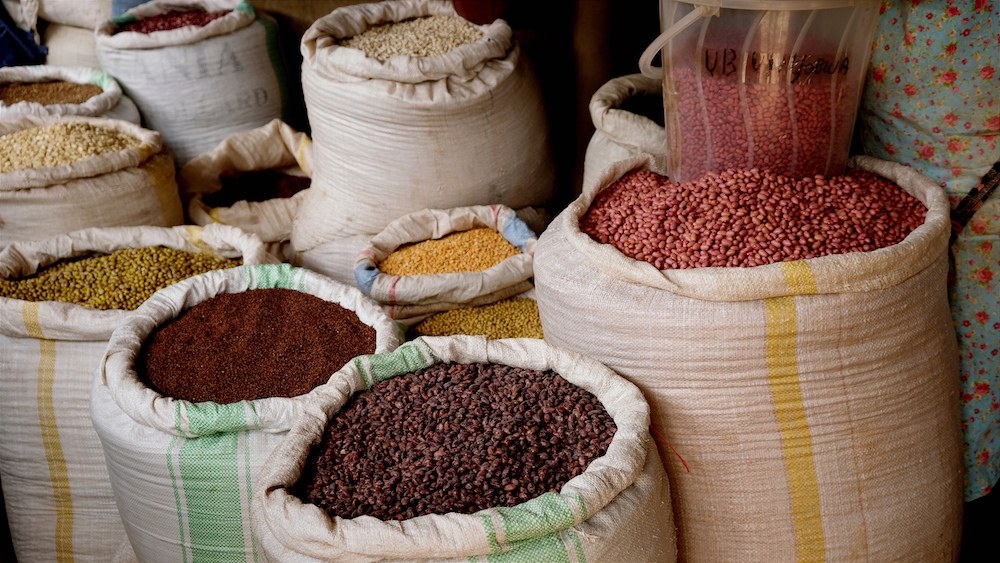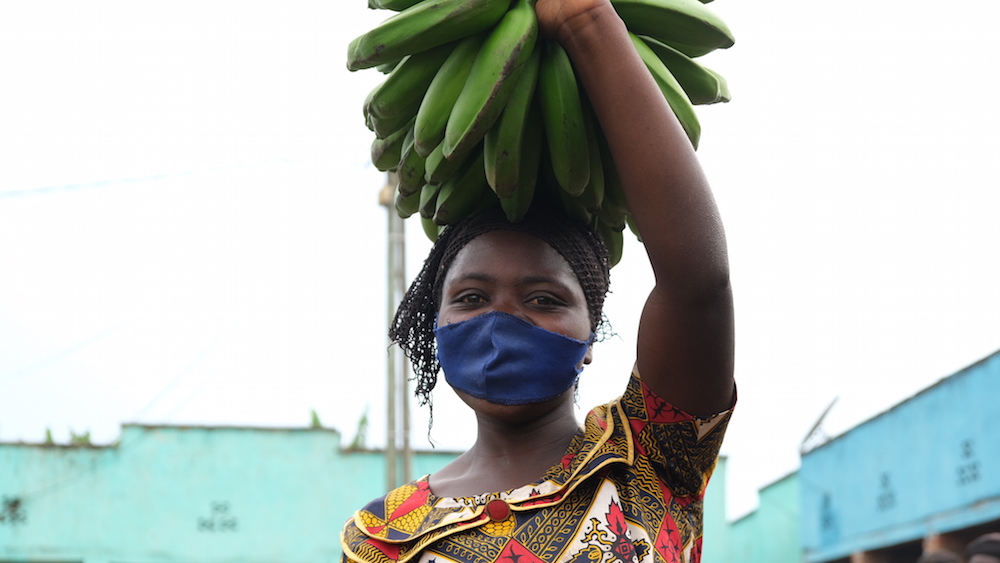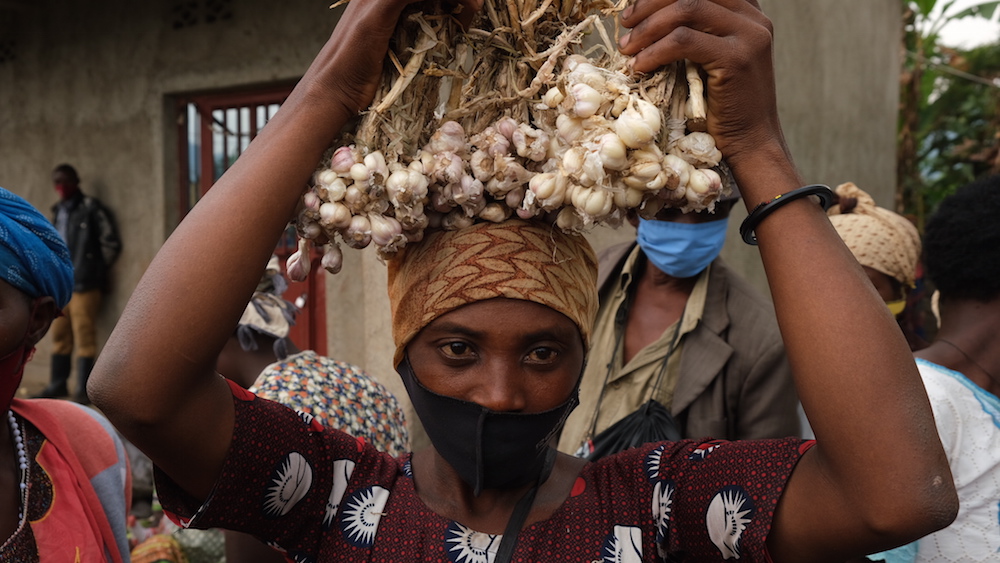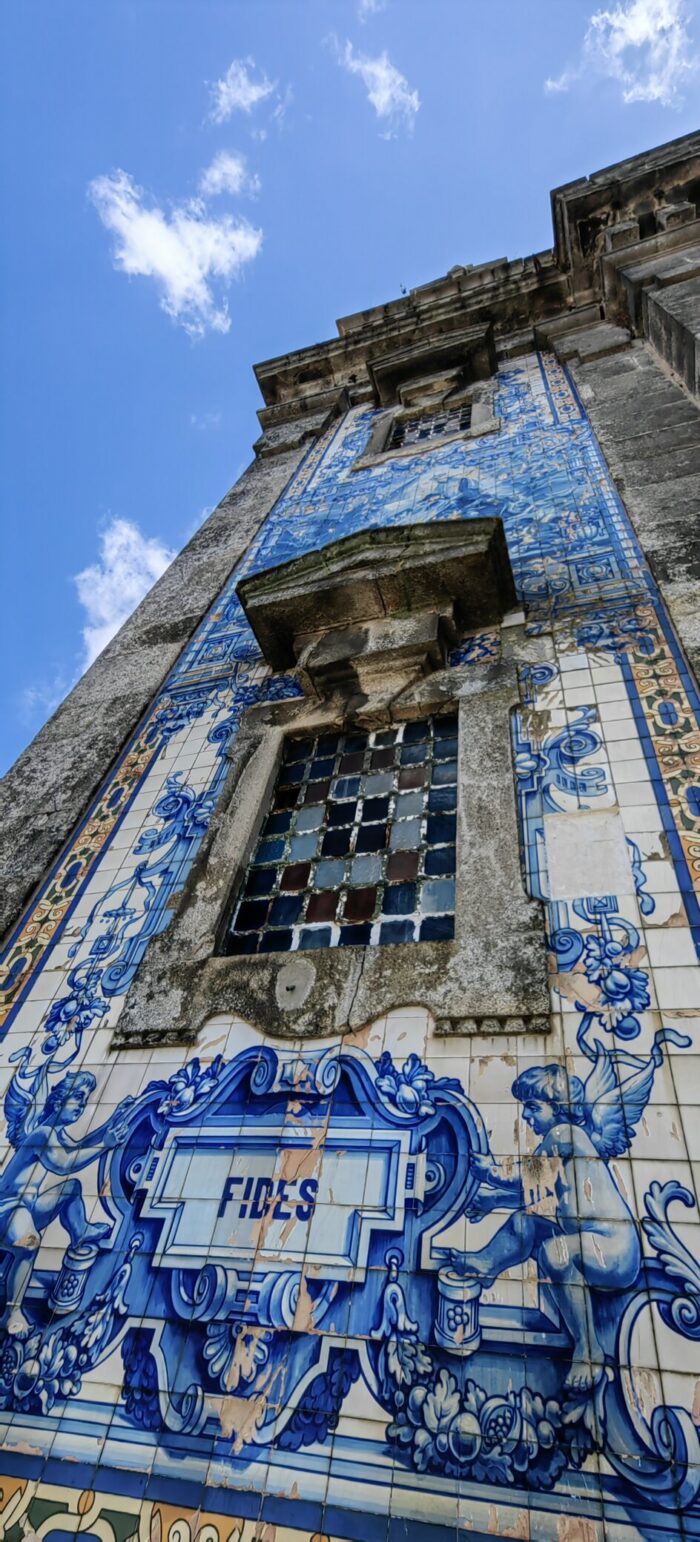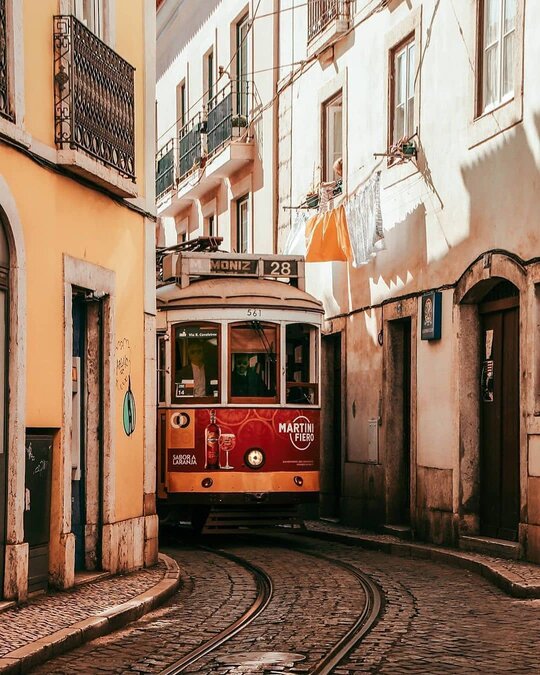Visiting Rwanda is a treat for the soul and the senses. The roads seem like organized chaos, and even just your trip from the airport to your hotel will overwhelm you with amazing sights along the way. There is so much to experience in the country, but some activities stand out to me, and visiting the markets is on top of my recommendation list. Your trip surely would not be complete without visiting at least one of the vibrant markets, of which the country boasts so many, but I suggest visiting: one in Kigali and another just outside Musanze.
Our trip to the Kimironko Market in Kigali was one of the first activities that we took part in. We told our driver, Felix, who picked us up at the airport, that as vegans we were hoping that our first market experience would be one where we could get a sense of what sort of fruits and vegetables Rwanda has to offer. He assured us that we would not be disappointed, and to that end he was spot on!
Kimironko Market is Kigali’s largest farmers market and is easily accessible from anywhere in the city. When you arrive at the market, you may wonder if you’ve come to the right place. From the outside, the space reads like a fabric wholesaler, with woman sitting at tiny tables sewing garments all along the inside of the gated area. Sounds of the bustling bazaar however spill out onto the street front, telling you that you’ve arrived, and from the moment that you step inside and even possibly before, you become a part of the market for the time that you are there. On entering through the blue gate, and more so once you’ve made your way through the Kitenge-filled section of the market, you will realize just how vast the marketplace really is.
A word to the wise, do not take much with you when you head to the market, even if you insist that you are merely going to visit and aren’t intending on making any purchases. Firstly, you don’t want to have the hassle of looking after your belongings as you walk through the narrow isle, and moreover you will have vendors and fellow shoppers bumping into you and you don’t want to have to worry constantly about whether your stuff is being touched or taken. You may tell yourself that you’re only going for the experience, and that you’re simply going to look and not buy anything! Let me give you one piece of advice, it simply doesn’t work like this. You don’t go to Kimironko simply to take it all in. You go there to see, smell, taste, haggle, and without any doubt, shop! Even if you only come away with a packet of bananas and some overpriced coffee beans, it’s not an authentic Kimironko experience without at least some shopping.
Enthusiastic store owners will follow you close at hand, trying to direct your attention to their store and products. You will feel people bump into you and your knee jerk reaction will probably be to reach for your wallet or cellphone but as it was told to us, on several occasions, the market is mostly quite safe and it is unlikely that you will get pickpocketed.
As you navigate the various sections of the market, wooden stalls and tables laden high with fresh fruits and vegetables, sacks of dried pulses and grains, coffee beans, spices and sauces, you will be overwhelmed with choice and pleasantly surprised by how fairly priced everything is. Haggling is a fun part of the market experience and an expected activity between you and the store owners. Do bear in mind, however, that they will probably go as low as you push them to secure the sale, but surely could do with the extra few hundred shillings more than it means to you to get a great deal. Another idea that I wish to encourage is that you try to buy only one or two items per store. If you see something that you really love at one table it’s almost impossible to not find it at another vendor’s stall. Not only does this spread your spending across extra small businesses, but it also makes your experience at the market more fun!
We bought gooseberries that were cheap as chips and yet they were packed with flavor and rank among the best I have ever eaten. They were so delectable in fact that Felix bought a bag to take home to his kids!
As you walk around the market, do not be alarmed by the posse who will be trailing behind you. Even though that market is frequented by dozens of locals who are able to shop in more or less peace, if you so much as resemble a tourist, you will have a happy band of merry followers all traipsing after you, taking turns to stick their product under your nose and vie for your attention. Their goal of course is to try and interest you in their particular brand of coffee beans or the impeccable quality of their Kitenge fabric.
Fortunately, this custom is not aggressive or forceful and if you firmly tell them “no,” you should be able to shake off a few of these traders. If, however you so much as show the faintest bit of interest toward any of them they will take is as a cue to increase their pitch seven-fold. Don’t be afraid to be firm with them or buy something just for the sake of it. If you aren’t interested in their wares, politely say so and continue on with your tour of the market. Again, this is why we chose to ask our driver to accompany us on our visit, and why we suggest that you do the same.
We ended up making several fabulous purchases, including bags of coffee beans, a selection of fresh fruits, braising spice, some dried beans, and millet, to take home with us, and of course, the tiny squeeze bottle of the infamous Akabanga chili oil. We were pleasantly surprised by how cheap each of these purchases were, and we loved the negotiating with each of the stores we stopped at. We packed our goods into a rucksack and carefully wrapped the Akabanga oil in separate pouch for fear that might rub off on our other belongings. Beware of this oil, in case the person selling it to you doesn’t give you a warning, it certainly comes with one. The oil is excessively hot and just a few drops will set your hair on fire!
The market is a wonderful mix of fresh produce and packaged goods, and most notably there is hardly any animal products to contend with. The section where meat and dairy is for sale is at the very end of the market and accounts for a very small percentage of stalls. It is easily avoided and you can entirely skip even seeing this section if you turn around after coming to the end of the indoor fresh produce section.
If you also visit a market in any of the villages like we chose to do in Musanze, your experience will be dramatically different, although no less exciting. We were joined on our trip to the local market by Cardi, a fellow South African who happened to be volunteering at Red Rocks Community Centre where we were also staying to film a segment for our travel show, The Ultimate Vegan Adventure. Cardi helped us catch a limousine, which is a tandem bicycle taxi service. The trip cost us a mere $0.18 for the downhill journey to the market some kilometers away.
Unlike at Kimironko, we were the only foreigners at the market, and although we drew many glances and a flurry of attention from the children present, no one followed us or vied for our attention. When we arrived outside the market in Musanze we might have thought that we were in the wrong place if it wasn’t for Cardi leading the way. Passing through a narrow alley way it almost felt like we were headed for a secret location, and not a bustling village market.
The market itself is a large open space among humble shops squared around the sand-covered arena. Women are seated on mats and blankets selling their wares to locals who will walk many kilometers to the bi-weekly market. Unlike the Kigali markets there are not so many household or packaged goods on sale. You will see more unusual items too, including a black rock salt, hand ground spices, charcoal, and mounds of pulses.
Upon entering the market, we hit our first luck as we passed a woman frying mandazi; big balls of freshly risen dough, dropped into hot oil and risen up into a golden, crisp donut-like ball of goodness. We had to check that the balls were egg-free, which most of them are, and lucky for us, this recipe was made in the traditional vegan style. If, or more aptly when, you leave Rwanda a kilo heavier than when you arrived, it’s almost entirely likely that it was the work of these devilishly delicious mandazi! These East African donuts which can be found in just about any town across Rwanda, are essentially balls of bread dough, either brown or white, fried until crisp on the outside and dense yet soft on the inside. Unfortunately for us they are helluva moreish and once we had tried one, the next thing that we knew we couldn’t turn them down.
A very happy surprise is that you will not take anything away with you in a plastic packet. In line with the country’s goal to go plastic-free, you will be dished any loose items into small brown paper bags, as was done for the garlic and tree tomatoes that we bought. It is a completely different style of market to the first one that we visited, but is equally appealing and certainly worth the trip.
Even better than Kimironko, this rural market seemed to somehow be entirely vegan. We didn’t see any animal products on sale whatsoever. There were no live animals that we saw, nor any dairy, eggs, meat or leather. This stands to be different on another day during the week, or perhaps we were just lucky, but it was of great excitement to us that at no point during our time at the market where we offered or did we see any products that were derived from an animal. Markets of the world, take note! What a wonderful experience this was. Truly! We didn’t leave without purchasing an entire branch of bananas, a bag of peanuts and lastly, a cob of corn fresh off one of the tin fire buckets for us to enjoy on our trip back up to the camp!
Get more like this—Sign up for our daily inspirational newsletter for exclusive content!
__
Photo: Gareth van den Berg

